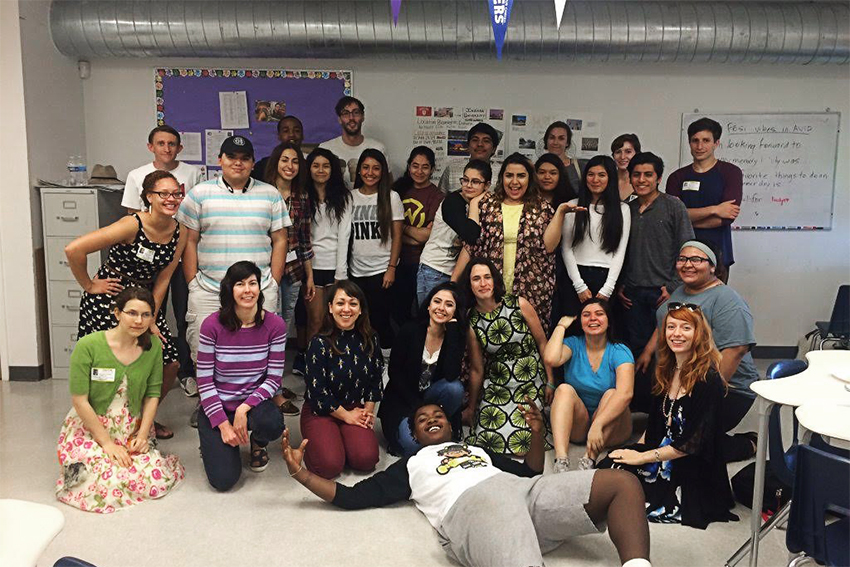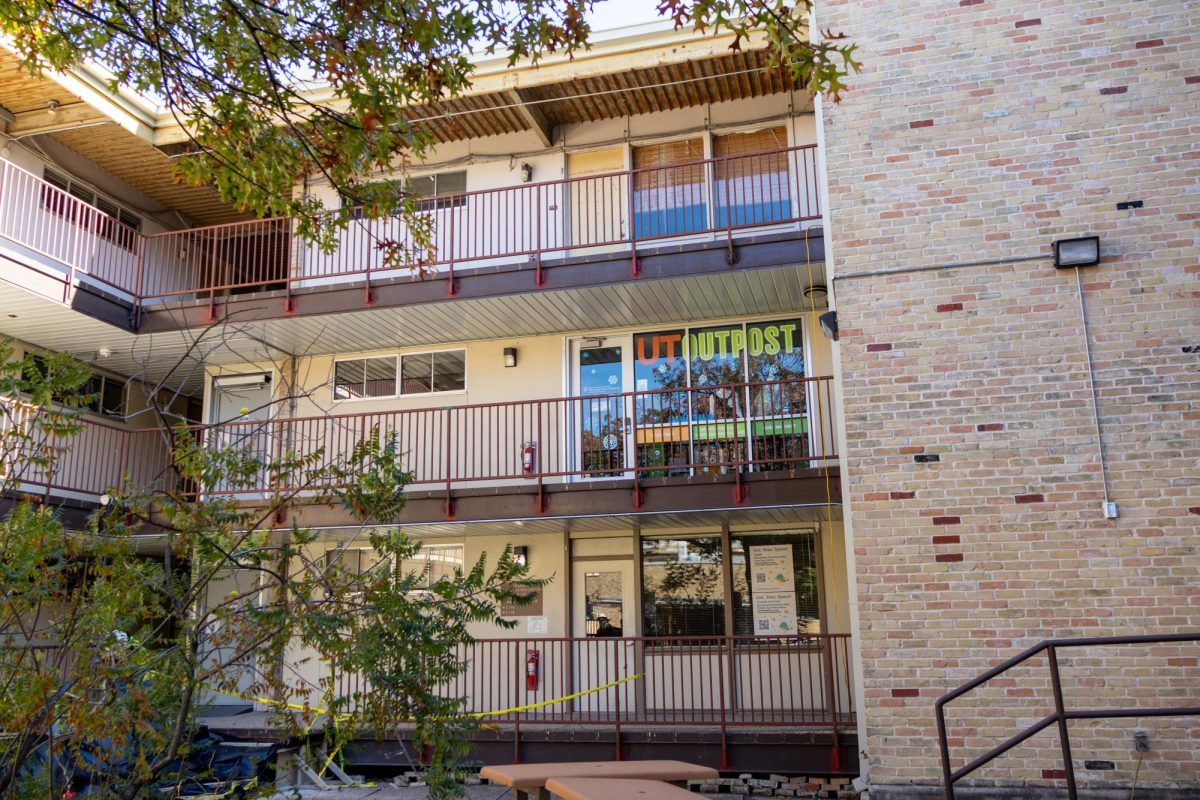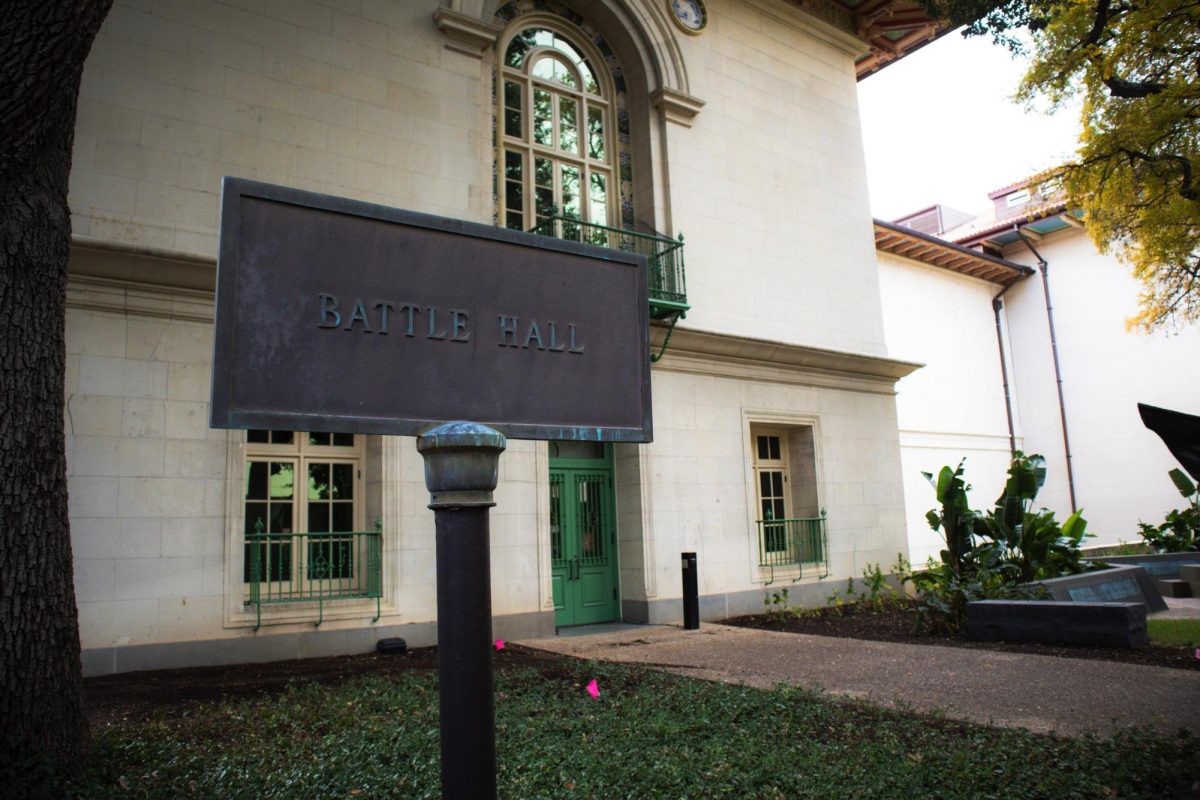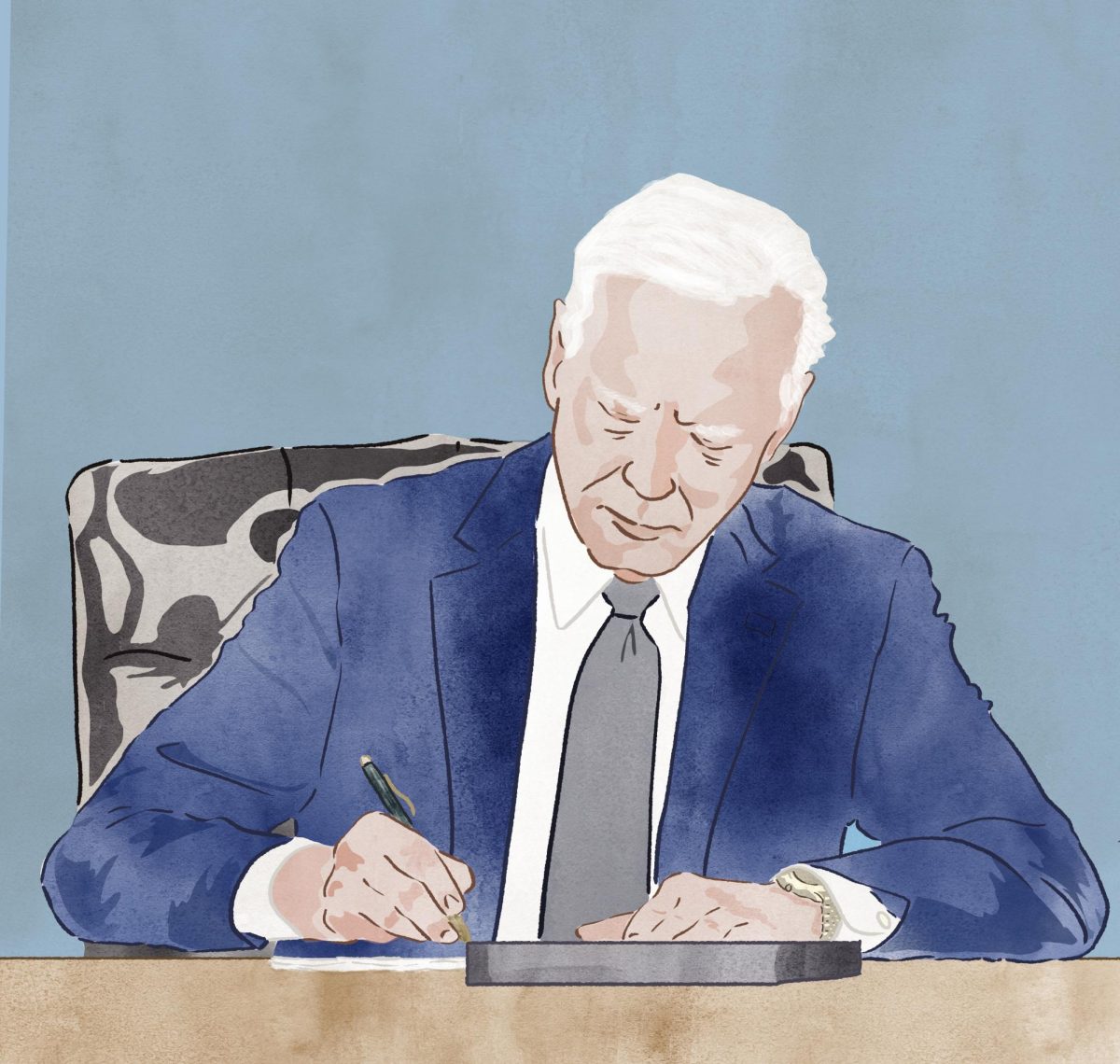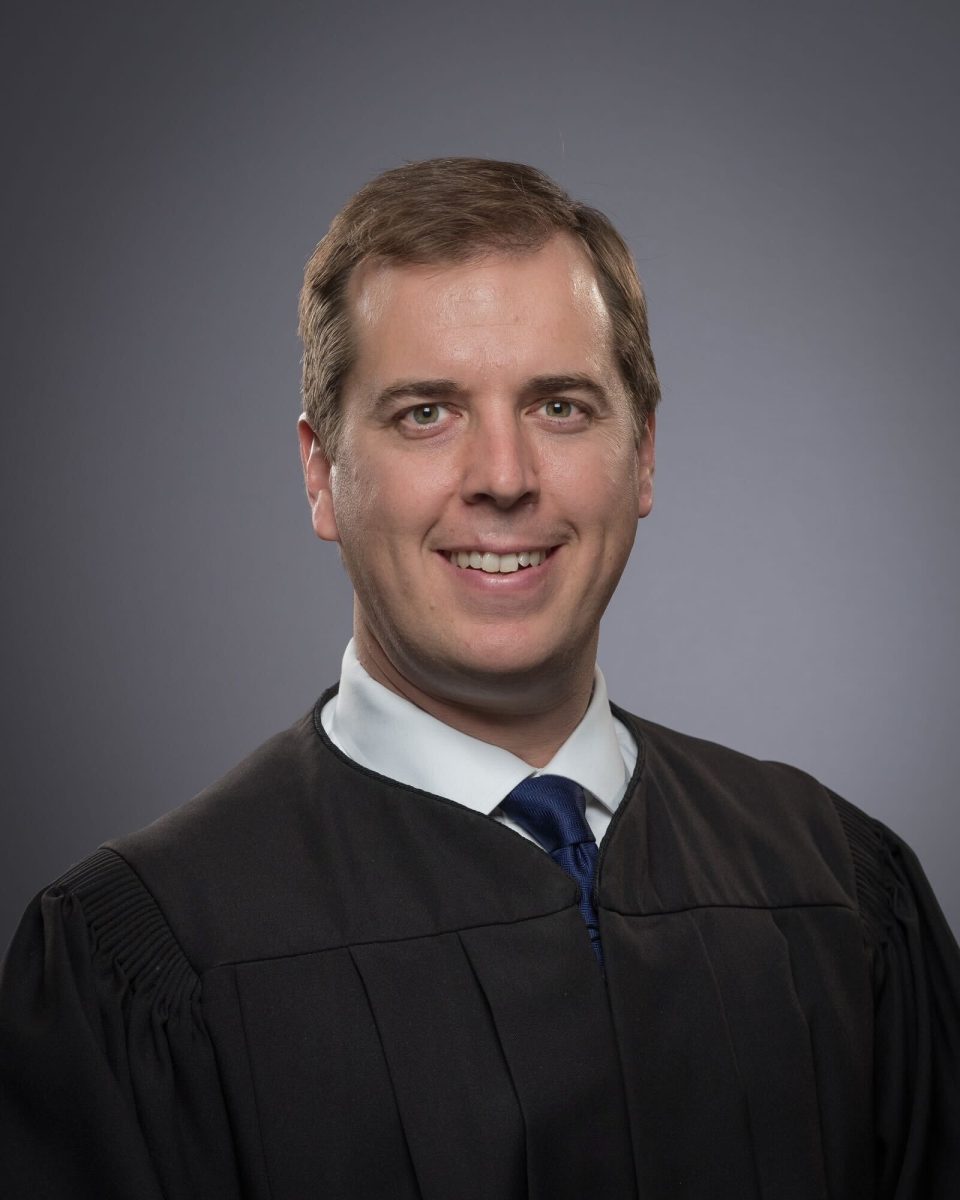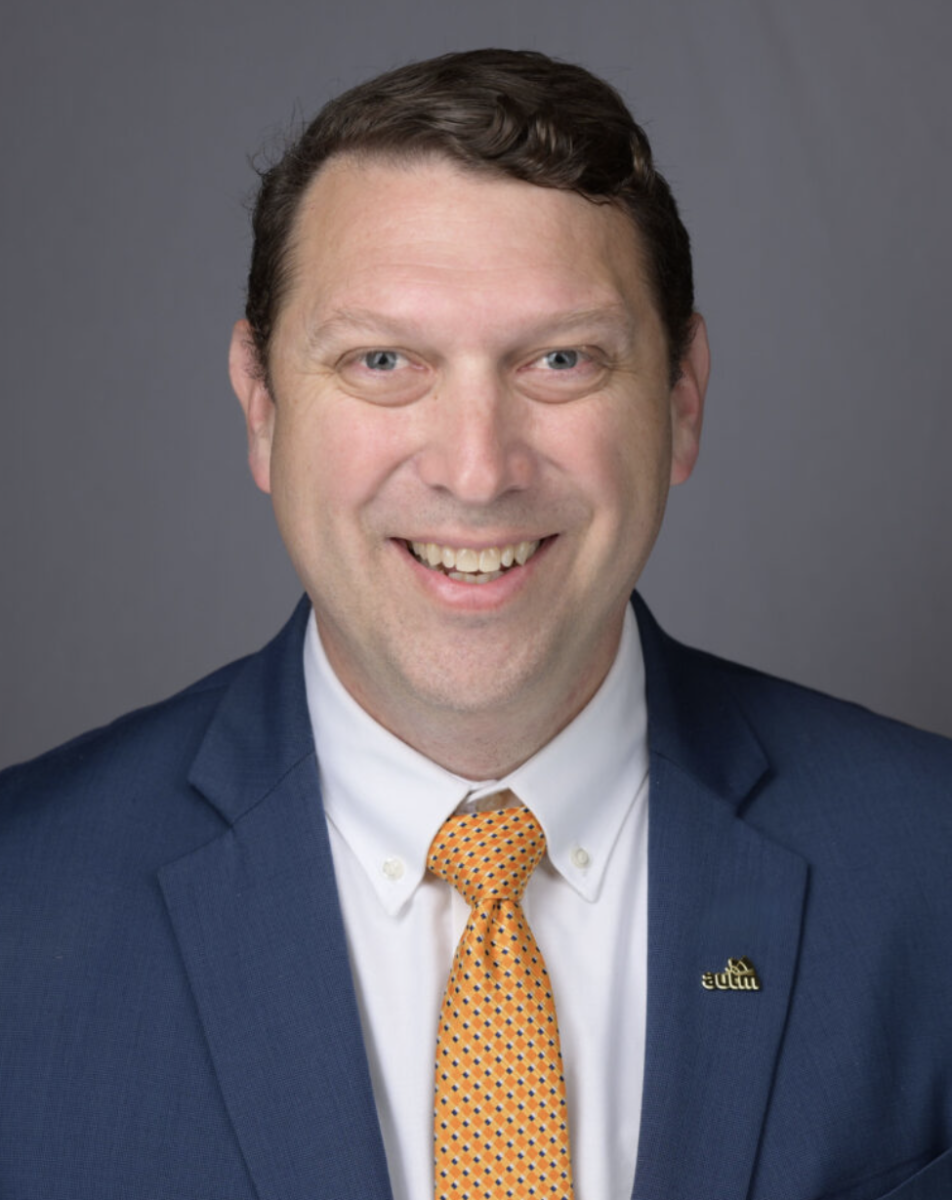In 399 B.C., ancient Greek philosopher Socrates was condemned to death for “corrupting the youth” by asking philosophical questions around the city of Athens.
In 2016, philosophy graduate student Briana Toole created philosophy outreach program Corrupt the Youth to do the same at an East Austin high school.
Toole started CTY at Eastside Memorial High School to give students of lower socioeconomic backgrounds the chance to question societal conventions under the guidance of UT faculty and student volunteers. Toole said she thinks it is remarkable and important to get people to question why things are the way they are, just as Socrates did.
“I think corrupting the youth is exactly what we should be doing,” Toole said. “We should encourage students, when they see an injustice, to rebel against it. I think for a long time, education has become so centered on rote learning and teaching kids how to pass a test, and it has shifted away from this emphasis on critical thinking.”
Volunteers from the University help run a 90-minute class every Tuesday and every other Friday for juniors who participate in Advancement Via Individual Determination, a college readiness program. Students are selected by teachers to participate in AVID.
In the CTY class, Toole said students discuss current concepts in philosophy, such as gun control and the death penalty.
Twenty-one UT graduate students, six professors and two undergraduate students are participating this semester in CYT, including philosophy graduate student Simone Gubler, who volunteered last year.
“Philosophy is something anyone can have access to,” Gubler said. “You don’t need books or training to have philosophical questions, and the students that we met were people who had all of these philosophical questions — and all we were doing was validating those questions and trying to work with them to find clearer ways to state them and to work through them.”
High school senior Bruce Zamora participated in the program last spring and has a full-ride scholarship to Hofstra University in New York this fall.
“Philosophy helps you open up to anything new,” Zamora said. “You … realize once you take philosophy and once you start taking a slower approach to it, it’s (better) than just taking an opinion directly.”
High school senior Malik Hill said the class initially made him angry because everyone was debating different opinions.
“The class and the subject itself make you think more and make you more open-minded as a person,” Hill said. “With the (issue of) gun control, at first, I was against it, but once we got started talking about it, I said I think they should have guns on campus to protect themselves and the people around them.”
Philosophy graduate student Amelia Kahn will be succeeding Toole as the director of the program next year.
“It’s super empowering for especially underprivileged kids to get the message that … you can figure things out on your own,” Kahn said. “You don’t have to wait for someone to tell you.”
Toole said she hopes to expand the program to a three-week summer program for Texas high school students, akin to Duke University’s Talent Identification Program for gifted students.

